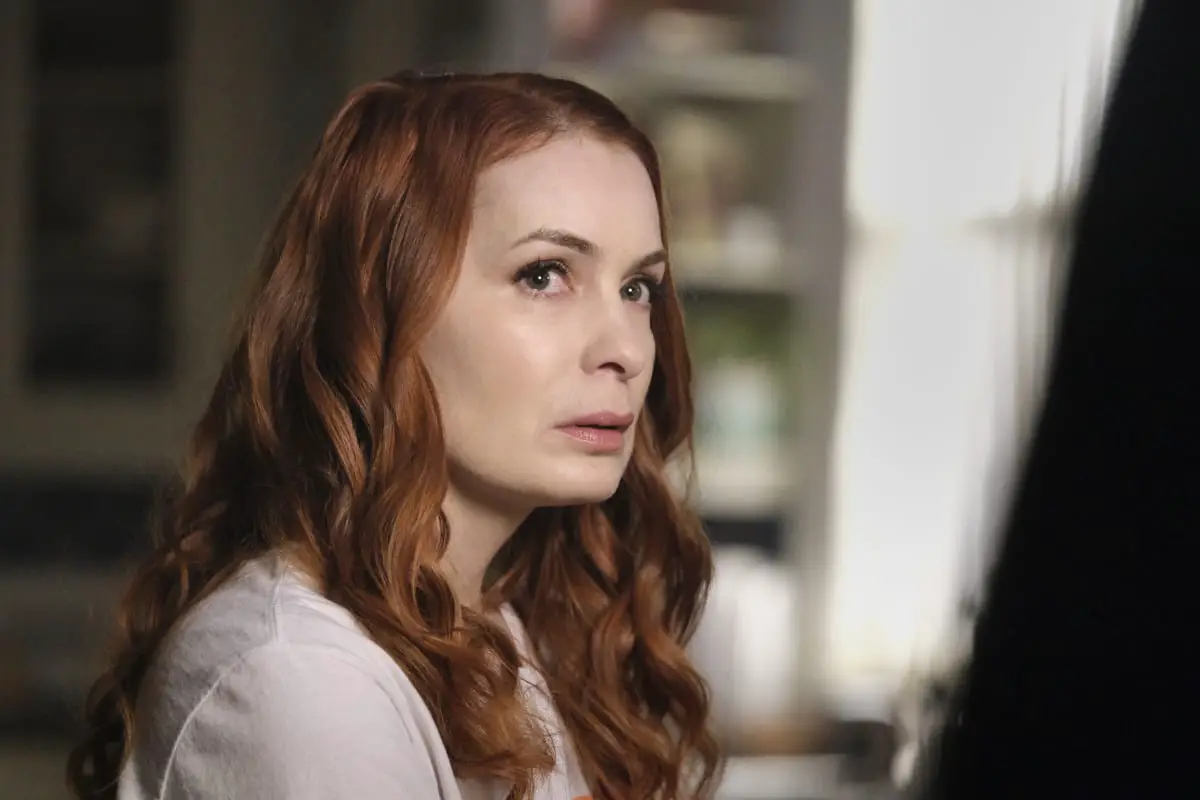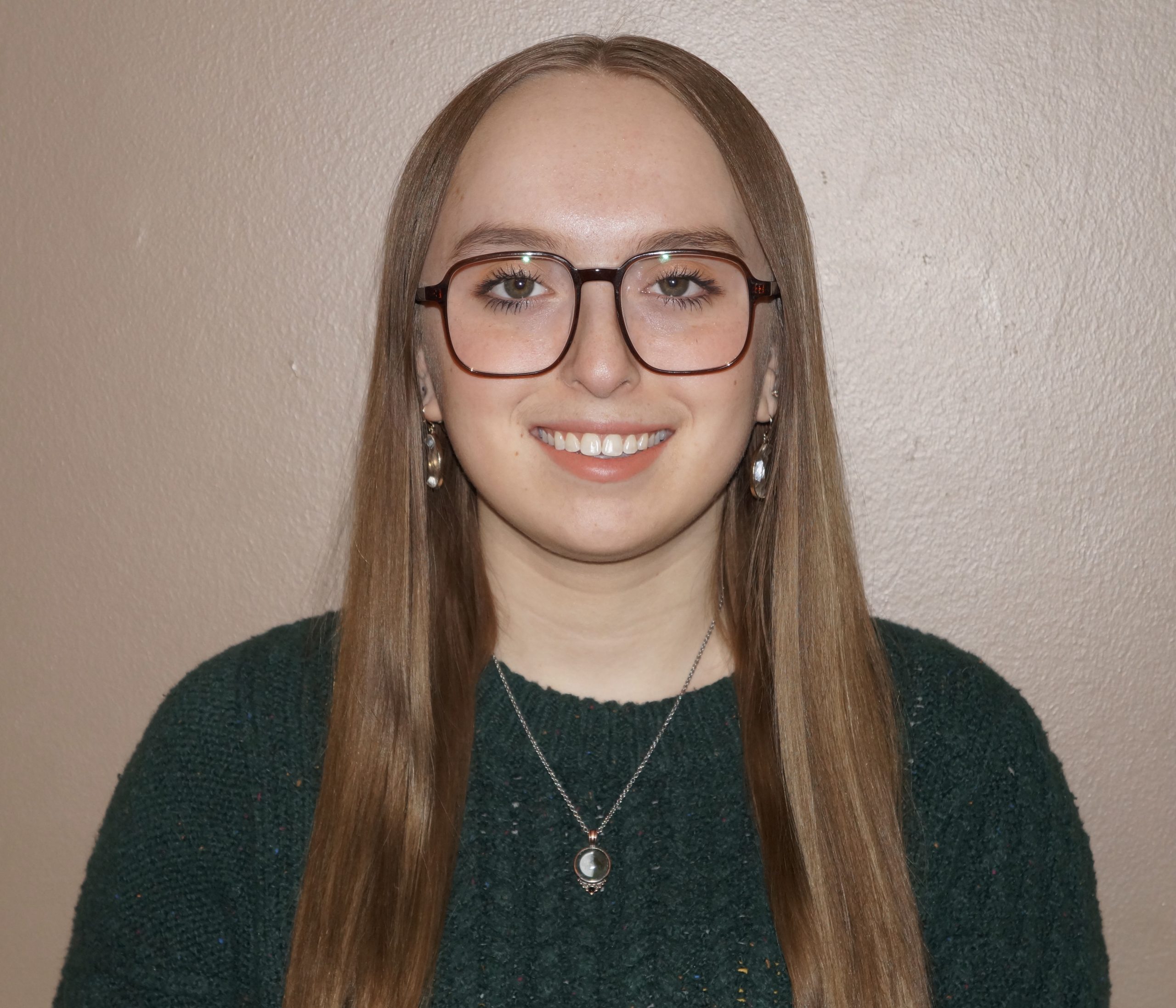It’s a dangerous thing to be a female character. Not only are they often underdeveloped and sexualized, but women in movies and television are consistently mistreated in wildly unnecessary ways. They are abused, tortured and even murdered for the sake of plot and the progression of their male counterparts — and it happens so often that there’s even a name for it. The “fridging” of female characters is nothing new, but it’s as prevalent as ever. Why can’t women catch a break?
Women in Refrigerators
In 1999, comic book writer Gail Simone noticed a pattern in the way female characters were being written. To document the discrepancies, she created a website listing super-heroines who had been “either de-powered, raped, or cut up and stuck in the refrigerator.” The title “Women in Refrigerators” comes from “Green Lantern” issue No. 54, in which Kyle Rayner’s girlfriend, Alexandra DeWitt, is murdered by Major Force and stuffed into a refrigerator for the hero to find.
This scene stuck out to readers for its violent nature, but also for the way it devalues Alexandra’s character. She didn’t die in service of her own actualization. Rather, Alexandra’s trauma was used as a conduit for the hero’s journey. She was simply a lesson Kyle needed to learn, but it’s an insulting insinuation that she had to die for him to learn it.
“Deadpool 2” is a more recent culprit; without delving into too many spoilers, the film manages to kill not one but three female characters in service of male protagonists. In a Vulture interview, screenwriter Rhett Reese acknowledged he’d never even heard of fridging before the movie’s backlash. In discussing the death of a major female character, Reese said, “And maybe that’s a sexist thing… And maybe some women will have an issue with that… But it didn’t even really occur to us.” Writers like Reese might be able to disregard the implications, but that’s not an option for female viewers.
Fridging takes gendered violence and trauma and uses it as a narrative tool. Instead of adding something of value to the conversation, these stories exploit female characters to motivate male characters. Men’s grief and angst are elicited through shocking acts of violence exacted against women. Only then are the men able to “grow” to their fullest potential or complete their mission with newfound passion. And for their part, the only gratitude women are shown is more pain and death.
“Supernatural” Sexism (With Spoilers)
Few shows are as notorious in their writing of female characters as the CW’s “Supernatural.” As the show focuses primarily on the adventures of Sam and Dean Winchester, expert hunters of the supernatural, women generally fall to the wayside. Granted, they get to appear every once in a while as quick flings and romantic interests for the brothers, but even that is risky. In the very first episode, Sam’s girlfriend, who is introduced to the audience in a small number of scenes, is killed in the same traumatic way as his mother. But don’t worry — that was just the motivation Sam needed to leave his classes at Stanford and join Dean on the road again.
Virtually any female characters that are given a several-episode arc are bound to die. I won’t list examples, but the all-male core cast is evidence enough. During a panel in 2013, cast member Misha Collins said, “[T]here are certain small ways in which the show is sort of gratuitously misogynistic when it doesn’t need to be. When I read the scripts, I cringe sometimes. Yeah, there’s a million other things you could say, you don’t need to do this.”
The show continued this way for nearly seven seasons before introducing the fan-favorite Charlie Bradbury. Her intelligence, humor and charm made her an instantly popular character. She wasn’t a hunter, but an above-average computer hacker who helped the brothers on several occasions. She developed a sisterly bond with them, and each appearance on the show was celebrated by fans.
Then came Season 10, Episode 21: “Dark Dynasty.” In an effort to save Dean’s life, Sam calls Charlie to enlist her help decoding the Book of the Damned. In a relatively contrived turn of events, Charlie ends up alone in a motel room, where she is hunted down by the villain of the week. She is killed and left in a bathtub for Sam and Dean to find when they finally catch up to her.
Fans were outraged. Not only was Charlie a beloved female character, she was also one of the show’s only queer characters, giving this death a checkmark in the “Bury Your Gays” column as well. At the 2013 panel, Collins said, “Charlie’s still around, although she’s not a threat to the boys as a romantic interest because she’s gay.” Unfortunately, even that wasn’t enough to save her.
Charlie’s death is an incredibly clear-cut example of fridging. Her demise serves only to drive a (temporary) wedge between the brothers and to motivate Dean to seek revenge in the bloodiest way possible. The “Supernatural” writers really just traded in the refrigerator for a bathtub.
A “Supernatural” Prequel
In June 2021, “Supernatural” actor Jensen Ackles announced a prequel show titled “The Winchesters.” The show will focus on Sam and Dean’s parents. This is a matter of interest particularly in the case of their father, John Winchester, who was portrayed throughout the show as a hard, emotionally unavailable, oftentimes cruel person. He is the reason for much of Sam and Dean’s trauma. So why, then, is he being given a show of his own, where his past self will likely be romanticized and endeared to audiences as someone who is “misunderstood”?
The problem of sexism in “Supernatural” is systemic. It’s the reason “Wayward Sisters,” an attempted spinoff focusing on female relationships and family, was cancelled before it began, yet the abusive John Winchester will grace television screens once again. It’s the reason Dean can get away with lines like, “On a good day, you get to kill a whore” — in reference to the biblical Whore of Babylon, though the casual misogyny is no less disrespectful. And it’s the reason Charlie died.
It’s a dangerous thing to be a female character, but it’s no easy feat being a woman in real life, either. Using gendered violence and trauma as plot devices is problematic because they’re not just fictional themes — they are realities that women face every day. While Sam and Dean’s greatest fears might be losing the ones they love to gratuitous violence and death, what does that make women’s greatest fears? These acts are real — as are the survivors of them — and they should be treated with the respect and severity they deserve. Let’s leave refrigerators for keeping food cold.

















